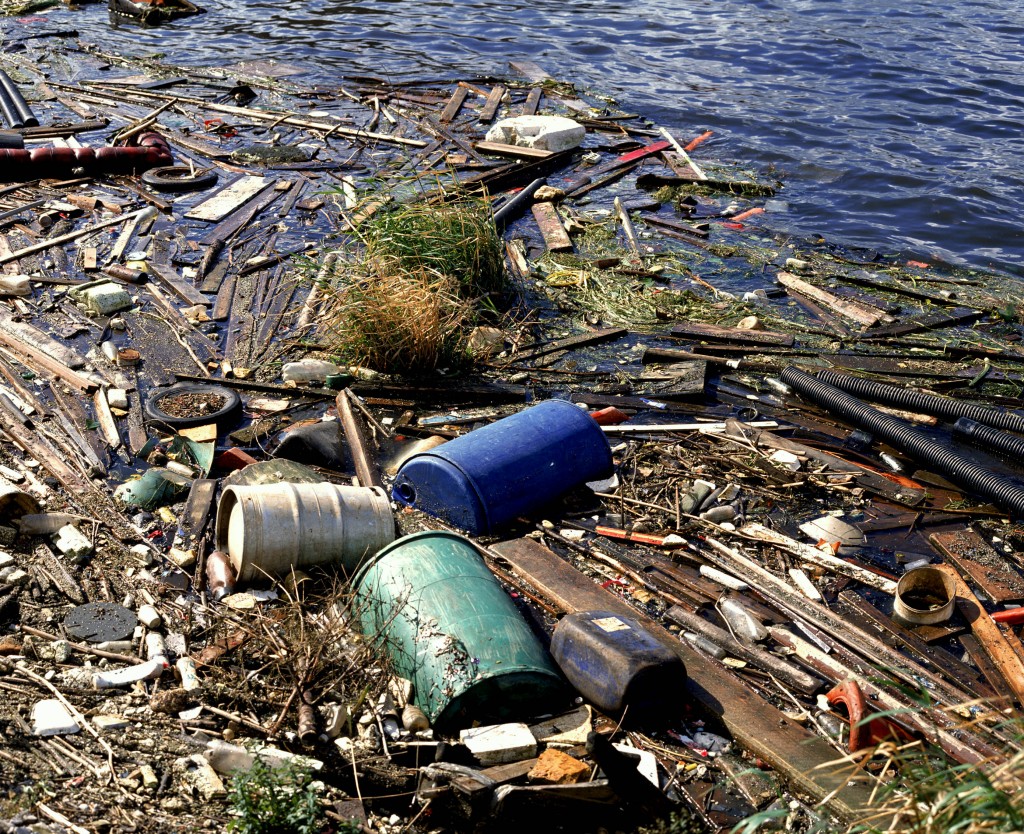Power to the People – Take Two
Thinking about Corporate Social Responsibility and how the motivation for it is mainly moral, or ethical – as outlined in Element 1, Unit EC1 of the NEBOSH Environmental Certificate – I was interested in the recent tongue-lashing the UK government received from the parliamentary Environmental Audit Committee (EAC) over its plans to introduce a 5p charge on single-use plastic bags from 2015.
On the face of it this seems a little harsh, given that plastic bags have been highlighted as a conspicuous waste of resources and an insidious source of pollution for many years. The EU Commission estimates that 800,000 tonnes of plastic bags are handed out by shops across the EU annually and that the average citizen uses around 190 per year.
Many governments in the EU and elsewhere around the world are considering measures, or have already taken action, to reduce the use of plastic bags. In 2011, the Welsh Assembly voted in a 5p charge on all disposable carrier bags and it is claimed this has reduced bag use in the Principality by 75 per cent.
So what’s the problem with the UK government’s proposals? Well, the chair of the EAC, Joan Whalley MP, says: “Ministers have managed to make a complete mess of their planned carrier-bags charge by making it unnecessarily complicated.” Apparently the EAC believes the proposed exemptions for small retailers and for paper and biodegradable bags will make the proposed scheme too confusing for consumers.
So this is a bit of a spat about the ‘devil in the detail’ rather than any serious disagreement about environmental priorities. Indeed, Ms Whalley went on to say: “Carrier bags litter our streets and harm wildlife, and the Government is right to want to reduce their use.”
And so say all of us. But I confess, with a certain smug self-righteousness, that in my local community we sorted the plastic-bag problem years ago, so the latest parliamentary bickering seems rather irrelevant. The place where I do most of my shopping is a small town in south Devon called Modbury, where, back in 2007, the 43 traders in the town voluntarily agreed to stop handing out plastic bags, and we all agreed to use good old-fashioned shopping bags and baskets instead.
How did this revolution come about? Well, it was down to the pioneering efforts of a local lady, Rebecca Hosking, who had witnessed at first hand the effects of plastic bags on wildlife while filming for the BBC in the Pacific Ocean. Rebecca showed local traders and others in our community a film of marine animals entangled and dying in plastic debris and won us to her cause.
Now, Modbury is a down-to-earth rather conservative sort of a place, with no reputation for ‘alternative’ lifestyles. So I confess that I was surprised at how readily and whole-heartedly the local shopkeepers and others embraced the idea of being plastic bag-free. But perhaps we shouldn’t underestimate the power of ‘doing the right thing’ – we saw that there was a problem, so we did something about it all by ourselves, with no guidance, money or interference from any branch of government. And we’ve seen the benefits: the butcher alone reckons to have saved 100,000 plastic bags per year. (If you want to know more, the story is told in the book Ban the Plastic Bag: A Community Action Plan for a Carrier Bag Free World by Rebecca Hosking et al, Alastair Sawday Publishing Co Ltd.)
This has led me to pondering the roles of individual citizens, businesses and government in dealing with environmental challenges. It would be foolish to deny that we need firm government legislation to deal with major environmental problems but, at the same time, the story of Modbury illustrates that individuals are often more agile and effective than government.
I think this can also apply to businesses. The concept of Corporate Social Responsibility is dismissed by some as a sophisticated form of PR practised by big business. But I have also witnessed at first hand how the sense of ‘doing the right thing’ can be a powerful driver, even within hard-nosed commercial organisations. Back in the 1980s and 1990s there was growing concern about the destruction of tropical rain forests and no way of knowing whether the timber used in products had been sustainably sourced. A turning point was the establishment in 1993 of The Forest Stewardship Council (FSC) – an independent, not-for-profit organisation that promotes the responsible management of the world’s forests and provides a credible certification scheme for timber supplies. The establishment of the FSC was critically dependent on a strong collaboration between environmental pressure groups and a number of highly motivated individuals working for UK retailers.
My take is that individuals ‘doing the right thing’ always make a difference, no matter who they work for. Power to the people!

Richard Dalley
Dr Richard Dalley is a Director of the sustainability consultancy Fairport(International) Ltd. LinkedIn Profile

